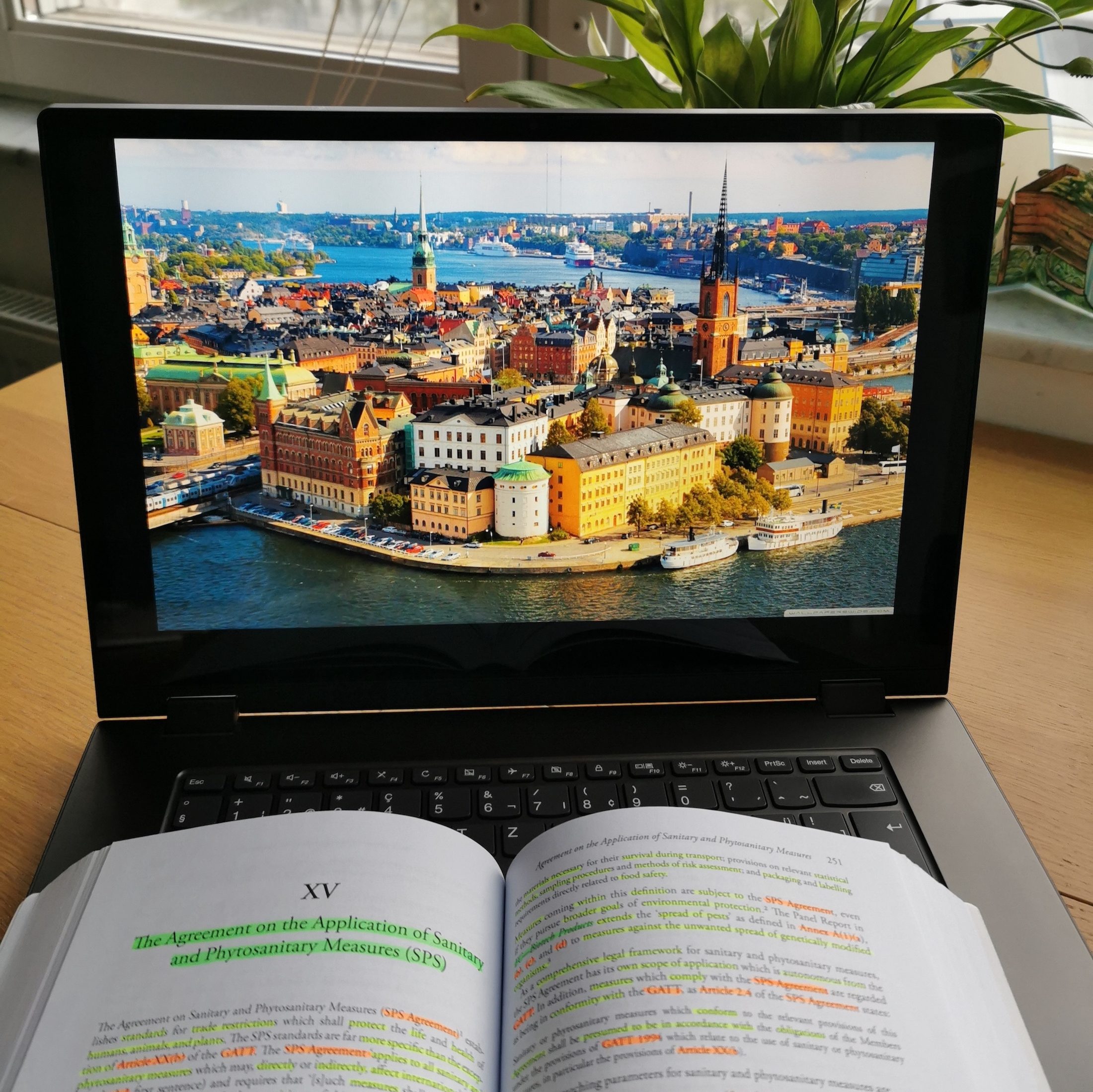Studying abroad without leaving your desk
The COVID-19 pandemic forced universities to shift to online teaching. The University of Bern is currently trialling virtual exchange seminars, with positive early results. These classes are co-taught online by a member of the University of Bern and a partner university abroad. They provide a space for online learning that combines the best of online teaching and international experiences.
Beyond the pandemic, the University of Bern is committed to becoming climate-neutral by 2025, which will necessitate reducing the carbon footprint of international travel. Tackling climate change will necessitate a reduction in travel. While nothing can replace the experience of existing exchange programs, virtual exchanges could be a new way of learning in an intercultural setting and at the same time help to reduce carbon emissions.
Meeting online
The University of Bern is working with different forms of online and blended exchanges. They involve seminars that are co-taught online by a lecturer from the University of Bern and one from a partner institution. The virtual exchange seminars aim to foster social interaction and a shared learning experience.
For me as a lecturer, this was a wonderful and instructive experience. I would recommend it to all my colleagues
Christoffer Klenk
The first two classes took place in the spring semester of 2021. Christoffer Klenk from the Institute of Sport Science taught the first course in collaboration with Marcel Fahrner from the University of Tübingen, Germany. The second seminar was taught by Andrea Rota at the Institute for the Science of Religion together with Kerstin Radde-Antweiler at the University of Bremen, Germany.
Benefits and challenges
“Both students and lecturers had the opportunity to hear ‘new voices’ in their own subject and to get to know other forms of learning and teaching,” explained Andrea Rota. “Both on a didactic and a scientific level it was possible to expand the offerings at the two locations,” added Rota. Christoffer Klenk agreed: “for me as a lecturer, this was a wonderful and instructive experience. I would recommend it to all my colleagues.”
Co-teaching remotely presents lecturers with similar challenges to running seminars in a classroom. Rota and Radde-Antweiler discovered in their evaluation afterwards that they had over-prepared their seminars independently of each other. Amongst the students, the only difficulty in an intercultural context was some confusion around addressing people as “Sie” or “du”. The students from Bremen were “completely fascinated” by the Bernese dialect, remembers Rota.
The results from the first two virtual exchange seminars show that academic and intercultural exchanges in an online classroom are an enriching experience. Are you interested in running a virtual exchange seminar? The call for proposals is now open with a deadline of 15 November 2021. For more information visit our website and don’t hesitate to get in touch with Lenka Fehrenbach from UniBE International.
Text: Caspar Bienek
Image: Deborah Bätscher
